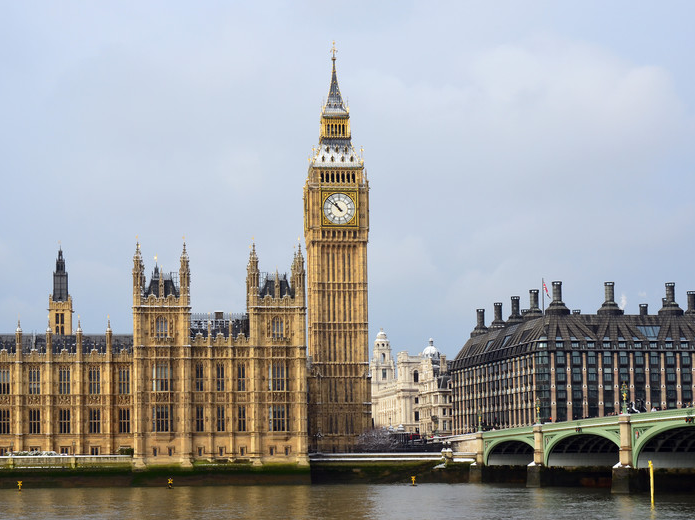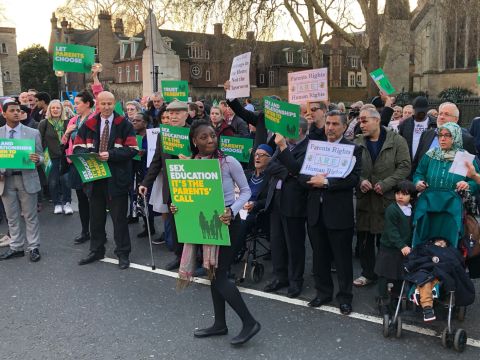

Three recent cases illustrate what could be called a curious revisiting of some of the less encouraging moments in British History.
After the crises of conflicting beliefs in the 16th century, whoever was in power would often impose penalties on those who would not or did not conform to the official viewpoint on religion. Believers suffered fines, exclusion from public office or university, and indeed criminal penalties.
In 1662, after the Civil War (where of course the Anglican Archbishop Laud was executed and later King Charles 1), Quakers in turn were subjected to severe penalties, even transportation, if they held meetings. Quakers “worshipped” without a set liturgy or ministers. They refused to take oaths on principle. In 1663 the Conventicle Act imposed penalties for attendance at worship not in the Anglican Form, aimed at Puritan Non-Conformists. In 1673 the Test Act itself excluded Catholics from public office. Catholics faced after 1559 a range of penalties that led to many martyrdoms, until the last in 1681. This Test Act required the holder of any civil or military office under the Crown to be a practising member of the Church of England and to take oaths of uniformity and allegiance. The bar on military service was only lifted in the late 18th century, when the Crown was desperate for soldiers!
The three recent cases involve Richard Page, a Magistrate; Felix Ngole, a Social Work Student, and Joshua Sutcliffe, a Secondary School Teacher. All of them are supported by Christian Concern.
All three cases involve the expressions of opinion on sexual or gender or family matters that are true to Christian belief as held since the time of Jesus. In all three instances this has led to their either losing their job, or the chance to pursue their chosen career, or being barred from certain areas of work.
Is there now an – as yet undeclared – official requirement for certain public offices that Christian views must not be held or expressed by holders or applicants for those offices? In attempting to build a shining future of diversity and inclusivity, are we about to revisit some of the darker and less savoury aspects of our past? Is it now the case that, not for the first time in British History – and Thomas à Becket, the Lollards, Edmund Campion SJ in 1581, Foxes’ Martyrs all bear witness here across the denominations – that in defending the Christian faith and the clear teachings of Jesus Christ we may find we are defending the rights of conscience – indeed freedom itself – for all?
Edmund Matyjaszek






